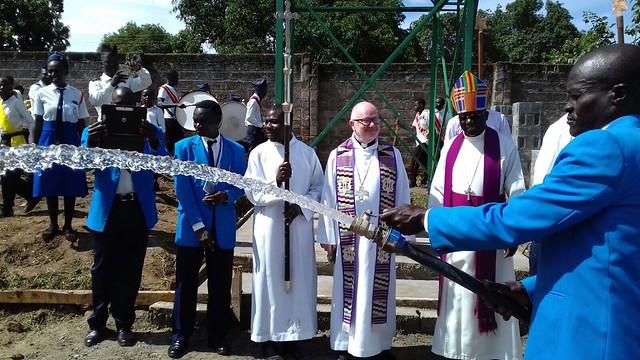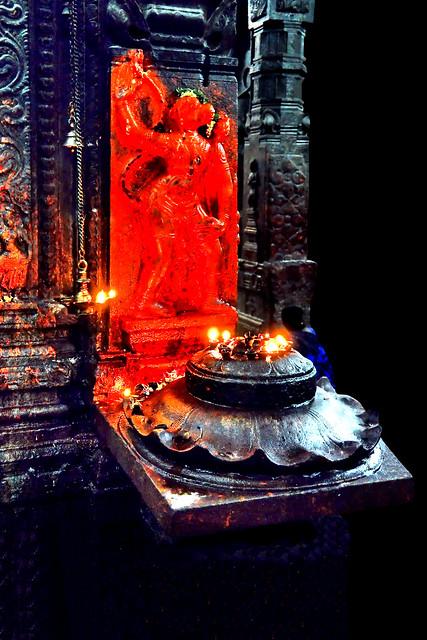
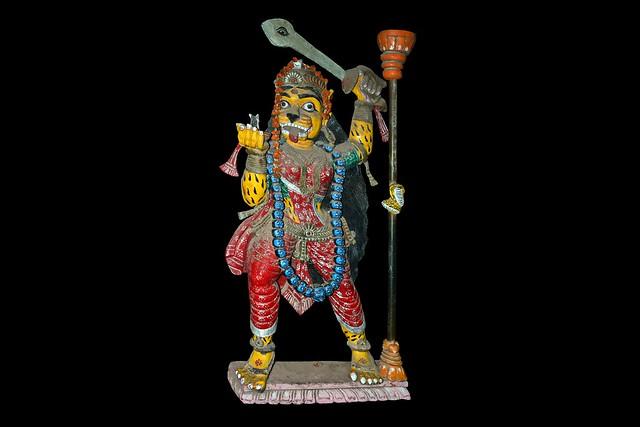
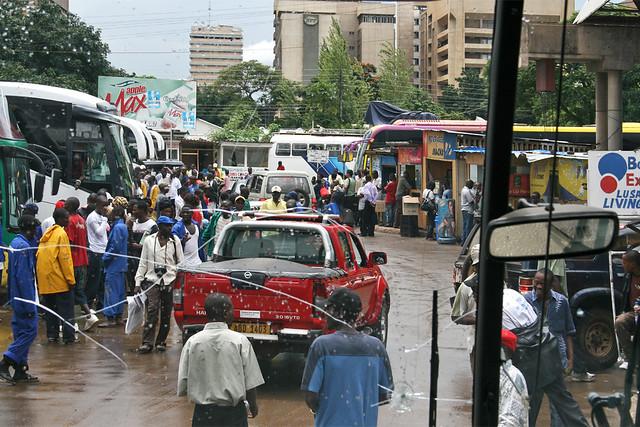
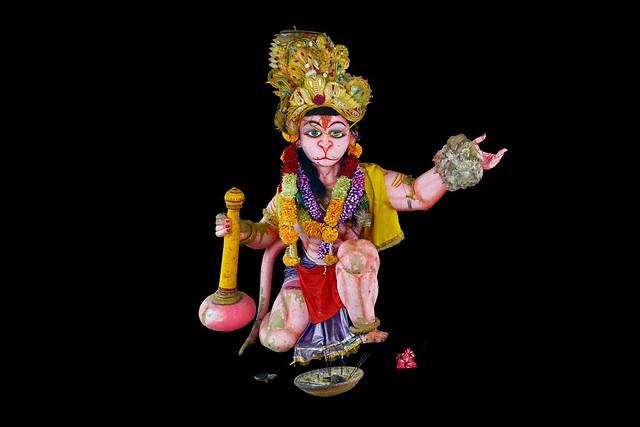
Lusaka
Overview
Overview of Lusaka
Lusaka, the capital city of Zambia, is a vibrant and dynamic metropolis that serves as the political, economic, and cultural heart of the country. Nestled in the central-southern part of Zambia, it boasts a rich tapestry of history and modernity, making it an intriguing destination for travelers. With a population of over 2 million, Lusaka is a melting pot of diverse cultures, languages, and traditions, providing a unique insight into the daily lives of Zambians.
Lusaka's atmosphere is a blend of bustling urban life and serene natural beauty. The city is characterized by its lively markets, such as the City Market and Kamwala Market, where vendors sell everything from fresh produce to handcrafted goods. The vibrant colors and sounds of these markets create an electrifying environment, perfect for those looking to immerse themselves in local culture. The streets are filled with the aromas of traditional Zambian dishes, inviting visitors to sample local favorites like nshima (a maize porridge) served with various relishes.
Cultural Significance
Lusaka is a cultural hub that reflects the rich heritage of Zambia. The city is home to numerous museums, including the Zambia National Museum, which showcases the country's history, art, and ethnography. Visitors can explore exhibits on Zambian culture, colonial history, and the nation’s wildlife. Another must-visit is the Kalimba Reptile Park, where visitors can learn about local fauna and conservation efforts while enjoying a hands-on experience with reptiles.
The city's cultural scene is further enhanced by its vibrant arts community. Lusaka hosts various festivals throughout the year, such as the Zambia International Film Festival and the Livingstone Cultural Festival, which celebrate local talent and promote cultural exchange. The National Theatre and various galleries offer a platform for performing arts and visual arts, showcasing everything from traditional Zambian music and dance to contemporary performances.
Historical Context
Lusaka's history dates back to its establishment as a small trading post in the late 19th century. It grew rapidly during the colonial period and was declared the capital of Northern Rhodesia in 1935. The city played a significant role in Zambia's struggle for independence, which was achieved in 1964. Historical landmarks, such as the Freedom Statue, commemorate this pivotal moment in Zambian history and serve as a reminder of the nation's journey toward self-determination.
Visitors can also explore the Old Lusaka Railway Station, a testament to the city’s colonial past and its role in connecting different regions of Zambia. The architecture reflects the historical significance of the railway system, which was crucial for trade and transportation. A stroll through the city reveals remnants of colonial architecture, alongside modern developments that illustrate Lusaka's transformation over the years.
Local Characteristics
The local characteristics of Lusaka are best experienced through its people. Zambians are known for their warmth and hospitality, making it easy for travelers to connect with locals. The city is home to various ethnic groups, each contributing unique customs and traditions. Engaging with local communities through cultural exchanges or visiting rural areas nearby can provide deeper insights into Zambian life.
Lusaka also embraces modernity, with shopping malls, restaurants, and entertainment venues reflecting global influences. The Manda Hill Mall and East Park Mall offer a mix of local and international brands, as well as dining options that range from traditional Zambian cuisine to global fast food chains. This combination of tradition and modernity creates a unique urban experience that appeals to various travelers.
In conclusion, Lusaka is a city full of life, culture, and history, offering a unique glimpse into the Zambian way of life. From its bustling markets and rich cultural scenes to its historical landmarks and welcoming atmosphere, Lusaka invites travelers to explore and experience its distinctive charm.
Other towns or cities you may like in Zambia
Explore other cities that share similar charm and attractions.


